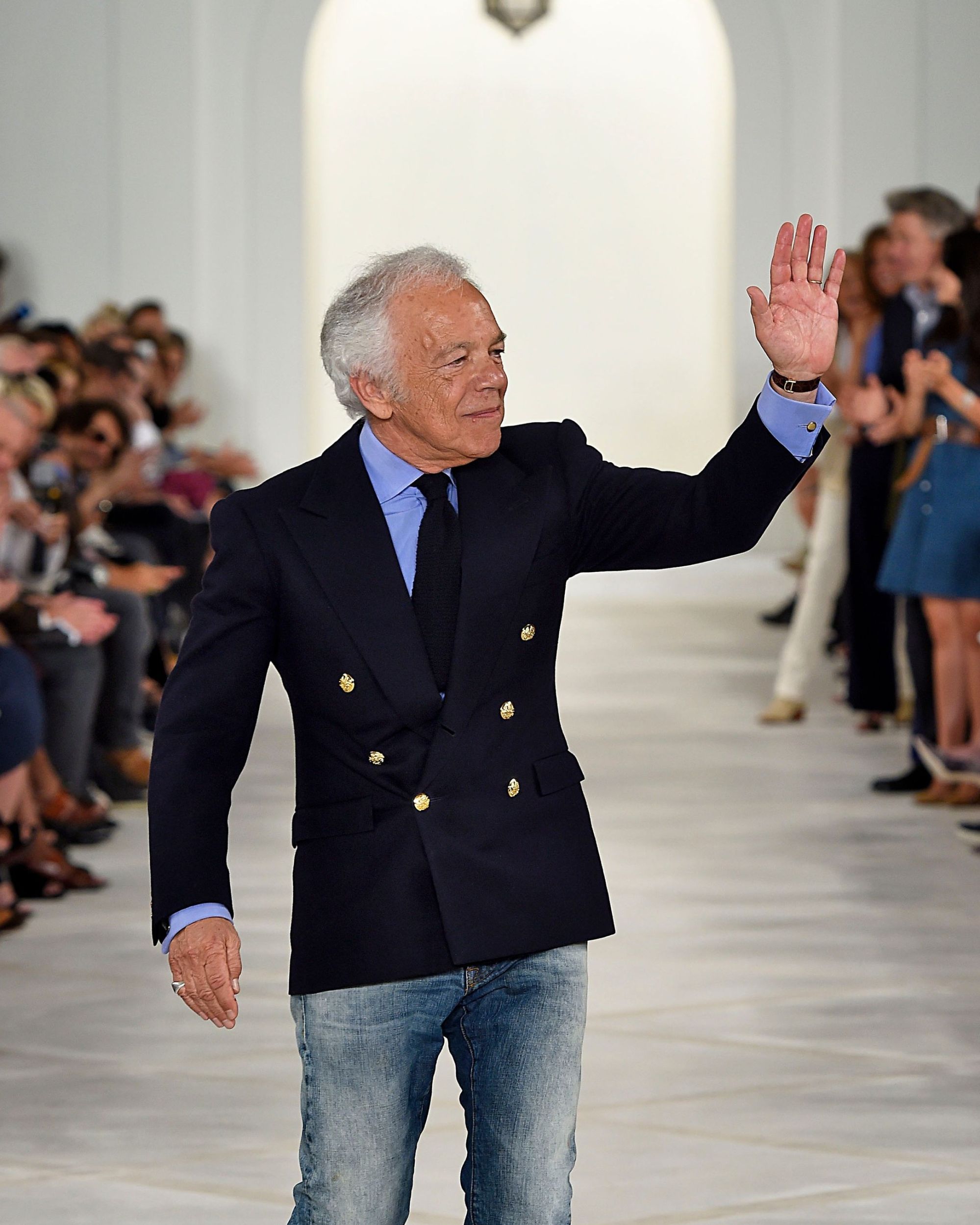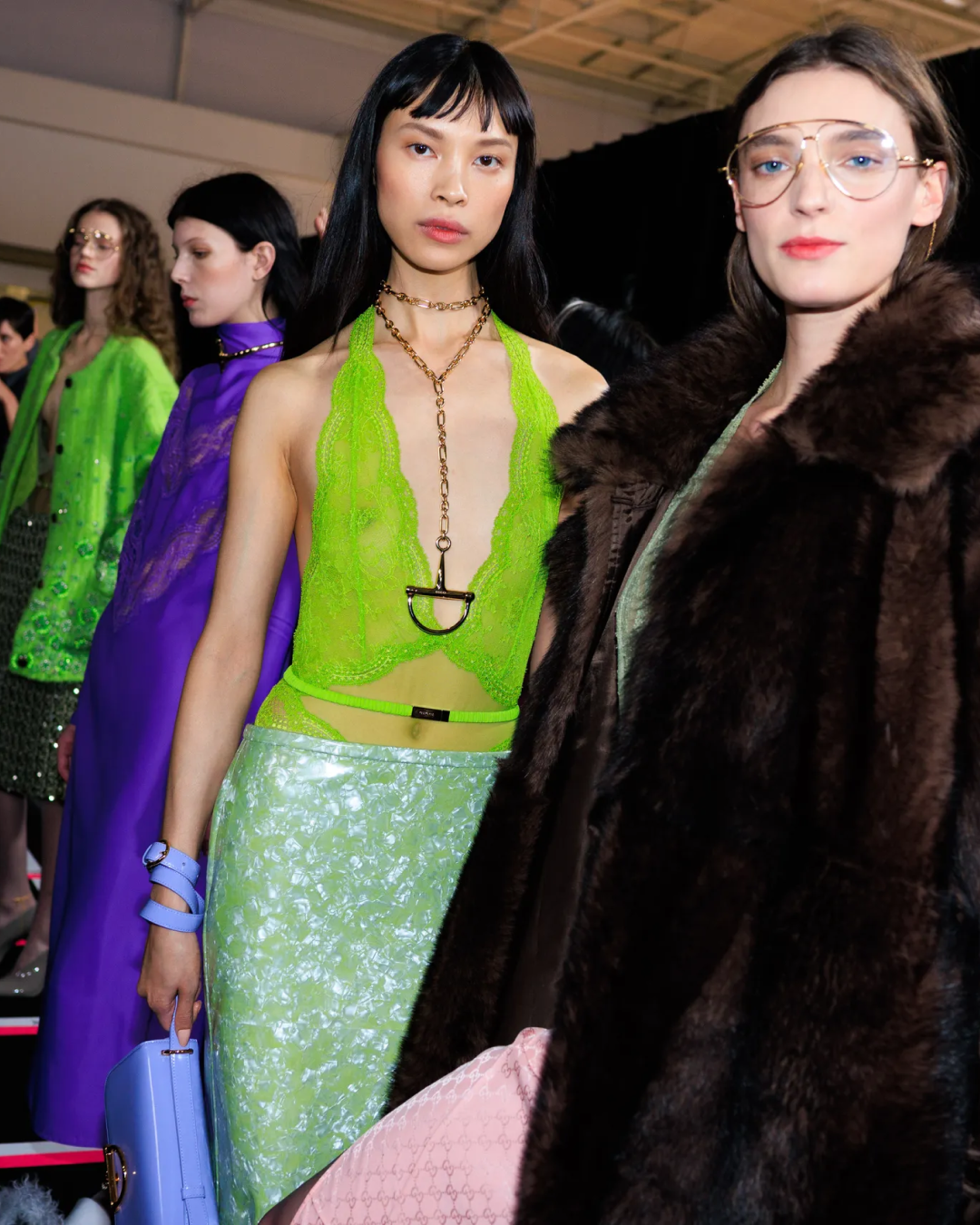
The upcoming Milan Fashion Week will put the emphasis back on menswear The co-ed format loses ground
Yesterday, during the conference held at the Grand Hotel et De Milan, where members of the Fashion Chamber and Milan's Councillor for Economic Development, Alessia Cappello, presented the program of the upcoming Milan Fashion Week Men's to the press, a loss of ground of the co-ed format for shows and fashion shows emerged among many interesting details. Moschino and Versace, for example, will return to show their own menswear collections, joining the men's shows of traditional brands. Joining them are the returns of Marcelo Burlon County of Milan, Plein Sport, Billionaire, and the debut shows (in past editions they had been digital-only) of JW Anderson, 44 Label Group, Joeone, Family First, Simon Cracker, and Indian designer Dhruv Kapoor. Basically among 57 shows/presentations only two brands will present according to the co-ed format: Federico Cina, who will show on Saturday, and Lessico Familiare whose founder, Gianmarco Porru, opted for the presentation format on Monday afternoon. Also making presentations dedicated to menswear will be Gucci, Corneliani, Pal Zilieri and Luca Larenza. The week will culminate with Zegna whose show will be held at Oasi Zegna in Trivero.
An increase in menswear shows during a fashion week dedicated to menswear seems like something obvious-and yet past editions, following the trend ushered in by the two-year pandemic, had not only seen a dramatic increase in co-ed shows, but had also ushered in a trend of digital presentations for men's collections that had made Men's Fashion Week slightly more "unloaded" than Women's Fashion Week, which, precisely because of the co-ed format, had begun to contain men's collections, creating some confusion among the calendars. Carlo Capasa himself, speaking to WWD, confirmed this, talking about how the co-ed format tends to overshadow men's collections but also works less in terms of timing for sales. The momentum that menswear is gaining, then, is very important, especially at a time «of difficulties due to the war and the pandemic that is affecting China again», to quote president Capasa, because the recovery in sales and exports is more robust than anticipated «especially in markets such as the United States. But the recovery in consumption is also evident then internally», as Capasa explained to Sky.















































